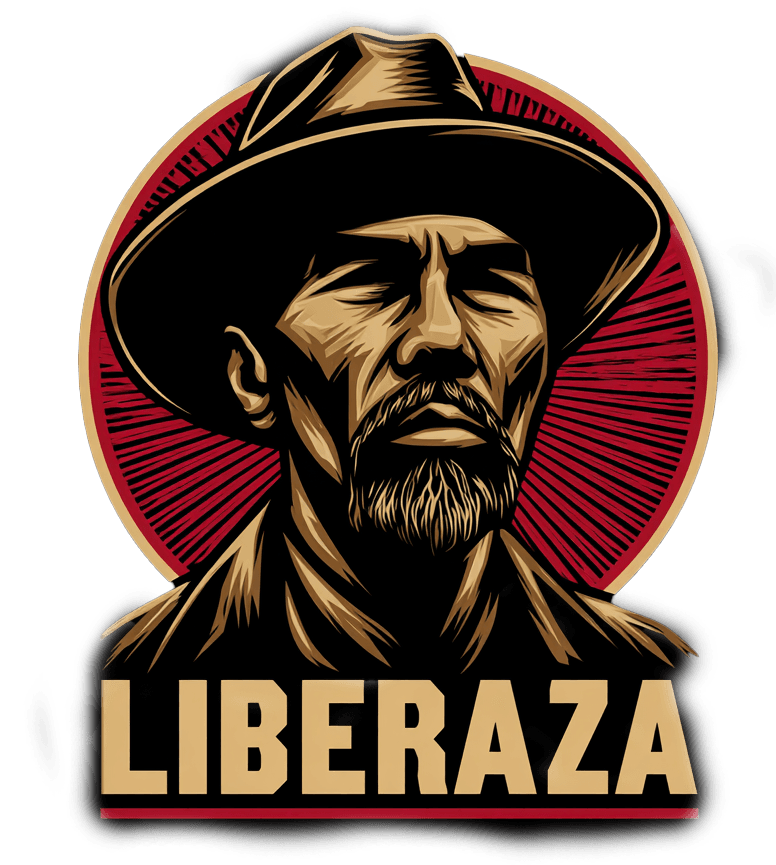America on the Watchlist: Global Group Flags U.S. for Attacks on Civil Liberties
LS
In a development that underscores growing alarm about the state of democracy in the United States, the international civil society alliance CIVICUS has placed America on its global watchlist for attacks on civic freedoms. The announcement, issued on Tuesday, follows months of escalating concerns over mass arrests during peaceful protests, restrictions on journalists, and militarized responses to demonstrations, particularly those targeting U.S. Immigration and Customs Enforcement (ICE).
The designation is rare for a nation that has long portrayed itself as a global beacon of democratic values. By joining countries more commonly associated with authoritarian crackdowns, the U.S. now faces renewed international scrutiny at a moment when domestic political divisions are deepening and civil rights organizations are sounding the alarm.
Why CIVICUS Is Watching the U.S.
Founded in 1993, CIVICUS tracks the health of civic freedoms worldwide, rating countries on their protection of free expression, peaceful assembly, and press independence. Its July 2025 update singled out the U.S. for what it described as “sustained attacks on civil liberties during the first half of President Trump’s second term.”
Among the examples cited:
- Mass arrests at peaceful protests — Hundreds were detained during demonstrations against immigration raids in Los Angeles and Chicago, often without formal charges.
- Suppression of journalists — Reporters covering ICE raids and immigration enforcement, such as Salvadoran journalist Mario Guevara, have faced detention, deportation threats, or outright denial of access to federal facilities.
- Deployment of military force — Earlier this month, 2,700 National Guard troops were mobilized in Los Angeles, an unusually heavy-handed response to local protests.
- CIVICUS concluded that these measures, taken together, represent a dangerous erosion of the democratic norms that once distinguished the U.S. from countries with weaker protections for civic space.
Civil Liberties Under Strain
Domestic advocates echo CIVICUS’s concerns. The American Civil Liberties Union has documented an uptick in “dragnet arrests” at rallies, noting that immigrant communities are disproportionately targeted. Advocacy organizations in Texas and California argue that protest activity linked to immigration enforcement has become the latest flashpoint in a broader struggle over free speech.
Journalists, too, describe a climate of intimidation. Several local reporters have reported surveillance, sudden ICE holds, or revocation of press credentials after covering raids. Press freedom watchdogs warn that the U.S. now risks falling further in global press freedom rankings, already at their lowest in decades.
For many observers, these developments confirm that the country is experiencing a systemic rollback of rights that were once considered untouchable.
The Political Fallout
International rebukes often resonate differently inside U.S. politics. While immigration advocates and progressive lawmakers argue the CIVICUS designation should serve as a wake‑up call, Trump administration officials dismiss it as “foreign interference.” Bill Essayli, the U.S. Attorney for California’s Central District and a key enforcer of immigration policy, recently described such critiques as “grandstanding by global NGOs that have no jurisdiction over American law.”
But the symbolism carries weight. Human rights experts note that the U.S. has often used CIVICUS rankings to pressure other nations, particularly in Latin America and Eastern Europe, to improve protections for activists. Now, with the U.S. itself under scrutiny, critics say Washington has lost credibility as an advocate for human rights abroad.
A Question of America’s Standing
For decades, American leaders invoked “freedom of speech” and “freedom of assembly” as cornerstones of the nation’s identity. To find itself listed alongside countries with contested democracies is more than a symbolic downgrade—it raises questions about the future of U.S. global influence.
“The watchlist designation should shock Americans into recognizing how far their institutions have slipped,” said Lysa John, CIVICUS Secretary General, in a statement. “A democracy is only as strong as its protections for those who dissent. Right now, those protections are crumbling.”
What Comes Next
In the weeks ahead, CIVICUS will issue a formal review that could escalate America’s status from watchlist to obstructed, a rating typically reserved for countries where activists face systemic harassment. Domestically, legal challenges are mounting, including lawsuits by immigrant rights organizations and civil liberties lawyers seeking injunctions against ICE’s collaboration with local police.
Meanwhile, activists across Los Angeles, Houston, and New York are preparing coordinated demonstrations in early August, framing their protests not only as opposition to immigration raids but as defense of American democracy itself.
Whether these movements can reverse the trajectory remains uncertain. But one fact is clear: the eyes of the world are now on the United States, watching to see whether it can live up to the democratic ideals it has so long championed—or whether it will continue to erode the freedoms once considered its hallmark.
